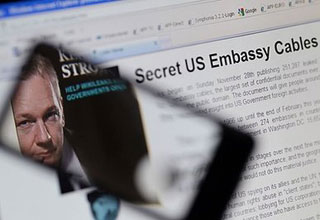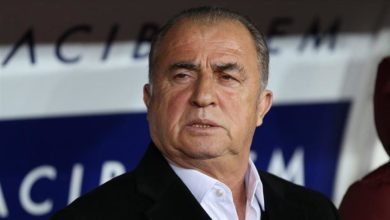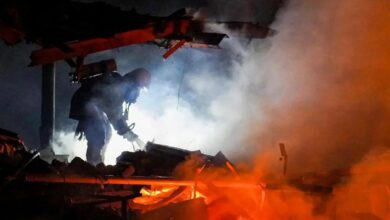
The country has met all requirements, Chancellor Scholz praised during his visit to Skopje. The negotiations should finally start.
Chancellor Olaf Scholz has called for the immediate start of EU accession negotiations with North Macedonia. “The accession negotiations that were promised two years ago must start now. In any case, I will campaign for this,” said the SPD politician after talks with North Macedonia’s Prime Minister Dimitar Kovacevski in Skopje.
“It is time that this promise was followed by deeds.” This applies “especially” to North Macedonia. The country has met all accession requirements, said Scholz. “That’s why we should still succeed in the rest of the tasks.” So far, Bulgaria has blocked the start of negotiations.
Candidate for accession since 2005
Kovacevski thanked Scholz for the support. He expects the summit of EU heads of state and government on June 23 to give the “green light” for the start of accession negotiations. “This will be a gesture of recognition of our efforts.” His country wants to find solutions to the dispute with Bulgaria. “Bulgaria must also be prepared to do this,” demanded the head of government.
North Macedonia has been an EU accession candidate since 2005. To date, however, concrete negotiations on EU membership have not started, which requires a unanimous decision by the member states.
After Greece first pushed through a change of state name after years of blockade, Bulgaria now demands that North Macedonia first recognize Bulgarian roots in its language, population and history. The rights of the Bulgarian minority in North Macedonia are also a point of contention.
Government crisis in Bulgaria
Scholz is expected in the Bulgarian capital Sofia after Skopje at the end of his two-day trip to the Balkans. Meetings with Prime Minister Kiril Petkov and President Rumen Radev are planned there. However, the country is currently in a government crisis. Prime Minister Petkov’s coalition lost its majority in parliament on Wednesday after the populist ITN party left the alliance. In addition to the dispute over the budget, the North Macedonia question was also the trigger for the break-up of the coalition. Petkov had signaled readiness for rapprochement in the dispute with Skopje.
The Chancellor began his Balkan trip on Friday. During his visits to Serbia and Kosovo, Scholz announced that he wanted to work for a realistic EU perspective for the Western Balkan states. Some of them have been accession candidates for many years without making any progress. The background to the visit is Russia’s attempts to expand its traditionally strong influence in the region of former Yugoslavia.
Serbia emphasizes its Russia ties
The subject of Russia also played a central role in Belgrade. Scholz had called on Serbia, which has been a candidate for EU membership since 2012, to soon join the European sanctions against Russia because of the Ukraine war. Serbian President Aleksandar Vucic had rejected this, citing, among other things, centuries-old relations with Moscow and his country’s dependence on Russian gas supplies.
Outraged, Vucic also rejected Scholz’s demand for Kosovo to be recognized under international law before EU accession. Serbia has regarded the country as a breakaway province since declaring independence in 2008. Vucic stressed that no one in the EU accession talks had asked for recognition. His country will not bow to pressure and threats from outside on this issue.



